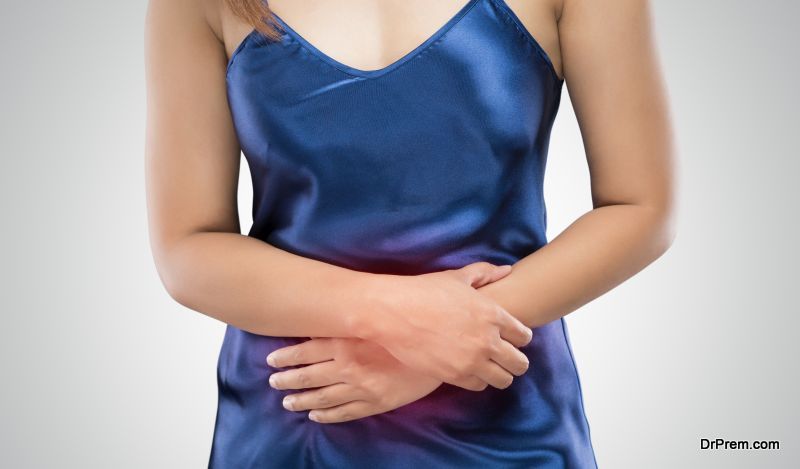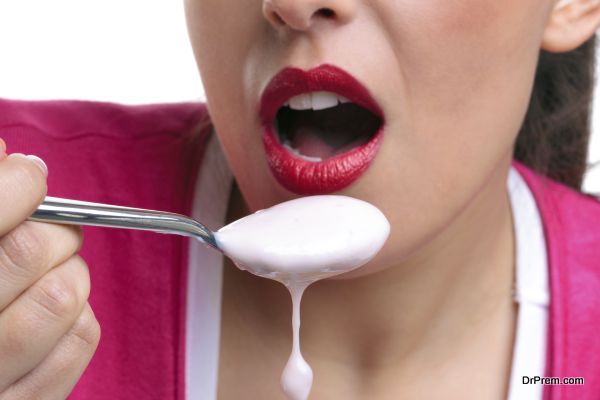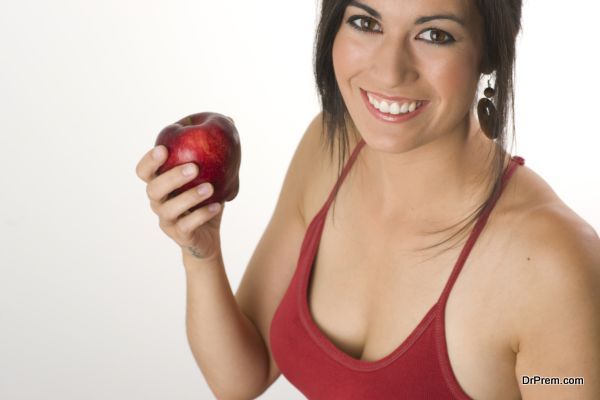Irritable bowel syndrome (IBS) is a complex disorder associated with dramatic changes in bowel movement. Some people experience constipations because of this disorder while others suffer from diarrhea. People who suffer from this condition have abdominal cramps that are uncontrollable and painful. Even though proper medical care is required for people with IBS, taking care of your diet will ease its symptoms.
Fiber diet
Fruits, vegetables and whole grains are foods that are rich in fiber. The most common treatment for IBS is to involve high-fiber in the diet especially for those who are suffering from constipation. Proper bowel movements are acquired because of the fiber and it helps in easing the constipation. However, high-fiber food may not be helpful to all IBS patients as sometimes, the high-fiber causes bloating, flatulence and diarrhea — these patients may need to have a low-fiber diet. It is not advisable to cut out fiber completely from the diets of IBS patients. Instead, they can concentrate on foods rich in soluble fibers such as fruits and vegetables and reduce intake of foods with insoluble fibers like whole grains and nuts. On an average 25-30 g of fiber must be included in a day’s meal. The dietary fiber should be gradually increased in meals and attain the desired level and not all at once.
Gluten-free diet
Gluten is a protein found in wheat, rye and barley; it gives chewiness to the foods made out of these grains. Some people are intolerant to this gluten present in the food and this causes IBS in such people. Such patients need to avoid wheat, rye and barley or need to buy gluten-free variants of these grains.
Low-fat diet
Besides being the cause of major coronary diseases, high-fat foods are low in fiber, which is a major concern for a person suffering from IBS. Hence, fatty foods should be replaced from the diet of these patients to attain favorable bowel movements. However, it is advised to have 30-35 g of fat in your daily food in-take for smooth bodily functioning.
Lactose- free diet
Some IBS patients are lactose intolerant, as they cannot digest this disaccharide sugar generally found in dairy products and causes diarrhea. They can supplement their calcium requirements by substituting milk and other dairy products with green leafy vegetables.
Elimination diet
Some foods are excessively sensible to IBS patients. Under the supervision of an experienced dietitian, these foods must be identified and eliminated from the patient’s diets for a short-term. Later, when the condition is better, depending on the nutritional value of the foods and advice of dietician, you might introduce them once again.
Low FODMAP diet
FODMAP are short chain carbohydrates that include high sugar and are either naturally present in food or added as preservatives. The acronym stands for Fermentable, Oligosaccharides, Disaccharides, Monosaccharide and Polyps. Elimination of FODMAP foods can bring about relief in IBS, since the poor absorption of these carbs causes flatulence and diarrhea in patients.
Some low FODMAP foods—
Vegetables – carrots, fresh herbs, bell peppers, bok choy, cucumber, lettuce
Fruits – banana, orange, cantaloupe
Protein – lean meats, fish, tofu, tempeh
Nuts – almonds, walnuts, sunflower seeds, pumpkin seeds
Grains – rice, oats, gluten-free grains, quinoa
Drinks – Lactose free dairy, soya milk, water
General advice for IBS patients
. Break your meals. Have small meals at regular intervals, this will aid in better digestion of food.
. Adequate in-take of fluids to stay hydrated, at least 2 liters of fluids – water being the major constituent. Avoid carbonated and caffeinated drinks.
. Avoid eating your meals quickly. Relax after meals and engage in light exercises regularly to curb the symptoms of IBS.
. Avoid consumption of legumes, onion, cauliflower, broccoli and cabbage.
. Avoid drinks and foods with artificial sweeteners and alcohol.
. Fruits like apple, pears and plums must be avoided.
. Keep a personal note of everything you eat and see how each food reacts to your condition. Have regular meetings with your doctor and update them about how you react to the foods you eat.









